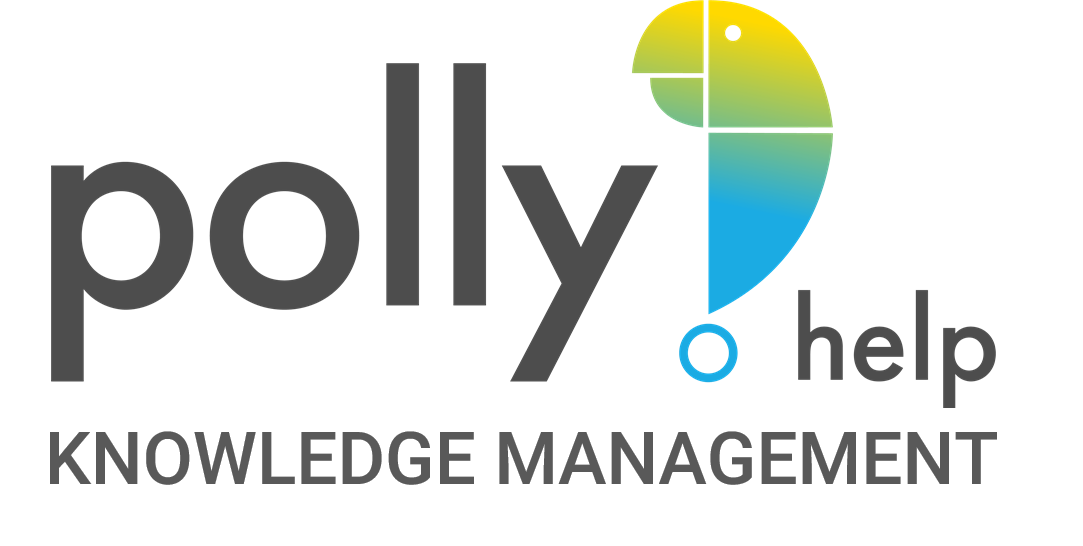Key Features of the Premium Platform
Source Documents
Original records or files used to create platform content, ensuring accuracy. They serve as primary sources, enhancing content credibility. By referencing them, users maintain information reliability and trustworthiness, vital for knowledge sharing and decision-making processes within the platform.
Knowledge Domains
Distinct areas or subjects of expertise within your platform, categorizing content based on topic or theme. They facilitate organized navigation and content discovery, allowing users to explore specific areas of interest efficiently. Knowledge domains streamline information access, fostering deeper understanding and expertise development within your platform ecosystem.
Workflows
Sequential processes or steps within your platform, guiding users through tasks or operations systematically. Workflows streamline operations, ensuring consistency and efficiency in task execution. They automate repetitive tasks, enhancing productivity and facilitating smooth collaboration and coordination among users within your platform.
Advanced Tags
Enhanced labeling system for content categorization and organization. Advanced tags offer additional functionalities such as hierarchical tagging, tag relationships, or tag-based automation. They provide users with more flexibility and precision in managing and navigating content, further optimizing knowledge sharing and collaboration workflows.
Article Types
Distinct formats or styles of content within your platform, catering to different informational needs and preferences. They may include tutorials, case studies, FAQs, or whitepapers. Article types enhance content diversity and cater to various learning styles, ensuring comprehensive knowledge coverage and engaging user experiences.
Attachment types
Varieties of supplementary files or documents that can be attached to content items within your platform. They encompass file formats like images, PDFs, spreadsheets, or videos, enhancing content richness and accessibility. Attachment types provide users with versatile resources, enriching their learning experiences and facilitating comprehensive knowledge sharing.
SLA's
Agreed-upon performance benchmarks outlining service expectations between the Polly Platform and users. SLAs define response times, availability, and resolution metrics, ensuring accountability and service quality. They establish clear communication channels and mutual understanding, enhancing user satisfaction and trust in the platform's reliability.






